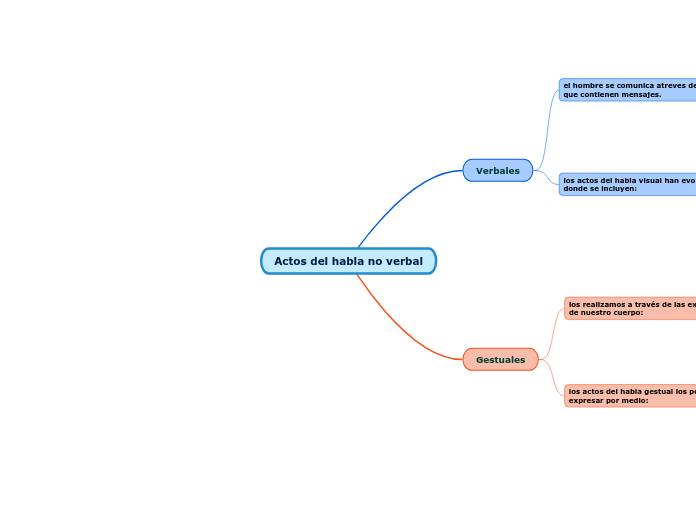av Rangel Martinez Joel Esau 5 år siden
1333
Actos del habla no verbal

av Rangel Martinez Joel Esau 5 år siden
1333

Mer som dette
In physics, energy is the quantitative property that must be transferred to an object in order to perform work on, or to heat, the object. Energy is a conserved quantity; the law of conservation of energy states that energy can be converted in form, but not created or destroyed
There are many different types of energy, which all fall into two primary forms – kinetic and potential.
Energy can transform from one type to another, but it can never be destroyed or created.
Chemical energy is stored in the bonds of atoms and molecules.
It is the energy that holds these particles together.
Stored chemical energy is found in food, natural gas, etc.
Give more examples.
Thermal energy is created from the vibration of atoms and molecules within substances. The faster they move, the more energy they possess and the hotter they become. Thermal energy is also called heat energy.
Give examples of heat energy.
Energy storage is the capture of energy produced at one time for use at a later time. A device that stores energy is generally called an accumulator or battery.
Thermal energy storage is achieved with widely differing technologies.
Depending on the specific technology, it allows excess thermal energy to be stored and used hours, days, months later, at scales ranging from the individual process, to building or town.
What are 3 types of thermal energy?
Flywheel energy storage (FES) works by accelerating a rotor to a very high speed and maintaining the energy in the system as rotational energy.
Write down the main components of a typical flywheel.